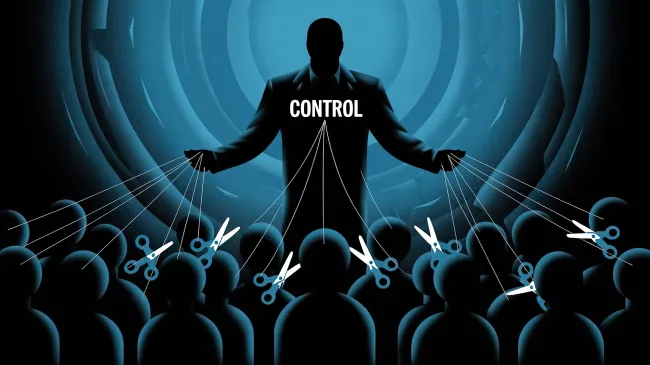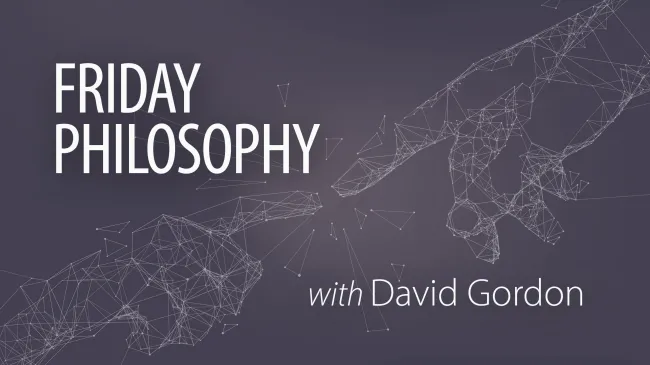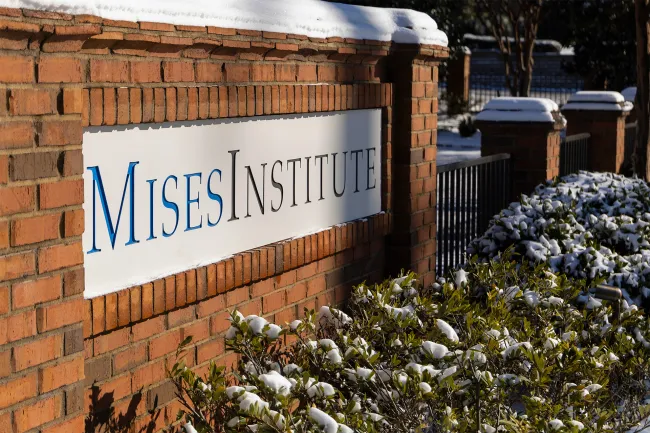

In Their Own Words: Revolutionary Voices on Inflation

It Will Take More than Low Interest Rates to Make Houses Affordable

Why Mises University Matters

Subsidies to Amtrak and Siemens: A Pathway To Cronyism For The Few

Democratic Socialism IS Totalitarianism

Josh Hawley Proves That Republicans Still Don’t Understand Economics

Why Jay Powell’s Fed Will Not Cut Interest Rates
Trump wants rate cuts. Is Powell stalling for the dollar’s sake, or his own?

America-First Foreign Policy Is Dead
After promising to end the Ukraine war immediately, and to stay out of Middle East wars, President Trump has instead doubled down on intervening in both conflicts.

An Actual Plan to Close the Fed and Tie the Dollar Back to Gold
Bob provides a detailed, realistic plan for abolishing the Federal Reserve and returning to a stable, gold-backed monetary system.

The Federal Reserve is Building the Most Expensive Building in DC History?
On this episode of Power and Market, the group looks at the continued attacks on Powell, how the media wants to blame everything on tariffs, and why Federal employees don't deserve nice things.
Virtual Mises University is the online counterpart to the Mises University conference and can be attended by anyone.
Mises University is the world's leading instructional program in the Austrian School of economics.
In September 2025, the Mises Institute will hold its next Mises Book Club, a program that promotes deep reading in Austrian economics.
Join us for Supporters Summit 2025 in Delray Beach, Florida, to discuss "Making America Free Again."












